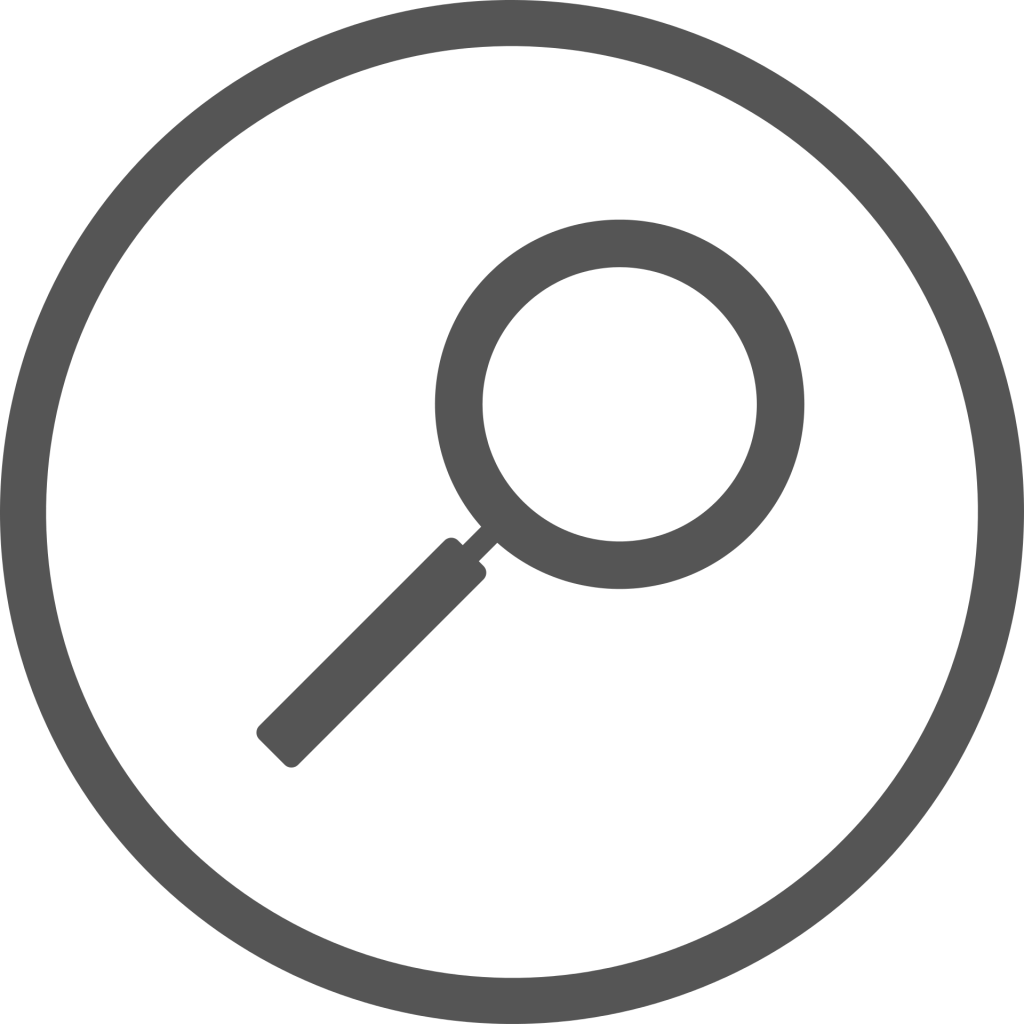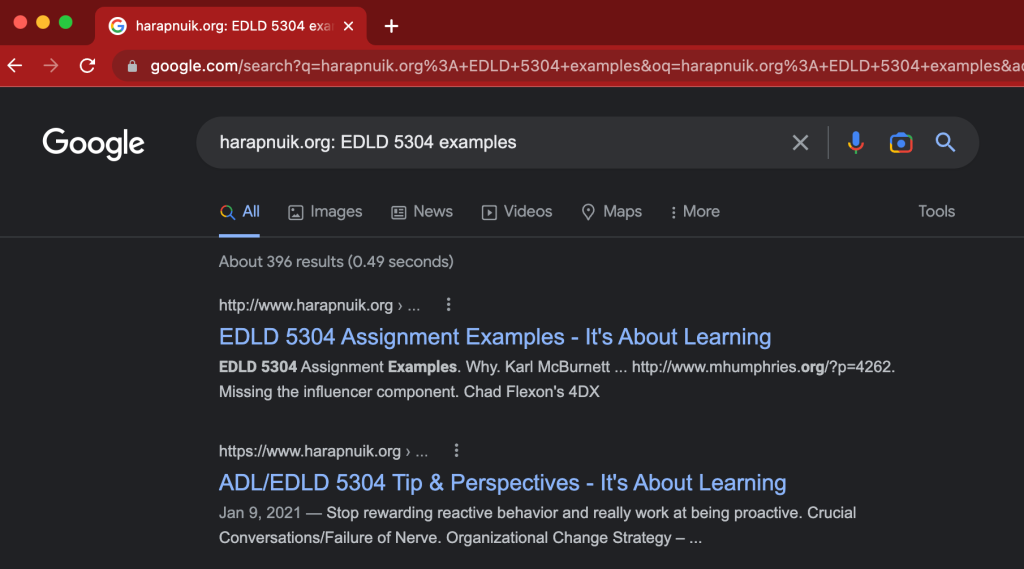In the ADL Program, we have been asked to create our own growth mindset plans. As a follow up to my last post Growing your Mindset, I am going to attempt to answer the questions posed as openly and honestly as possible.
Reflections
Reflecting on the statements proposed by Dr. Carol Dweck’s (2016) book Mindset, I must admit growing up I completely believed “you can learn new things, but you can’t really change how intelligent you are” (p. 12). As I shared in my Getting Personal post, I did not have the best childhood experience in relation to school. I truly believed back then that “your intelligence is something very basic about you that you can’t change very much” (Dweck, 2016, p. 12). Thankfully, I had a much better college experience (studying psychology) and realized that my ideas of being “stupid” must be mistaken because as my coursework advanced my grades got higher. In chapter 3 of the Mindset book, when Dr. Dweck (2016) talks about the student who said “you mean I don’t have to be dumb?” my heart dropped because I felt exactly like that student in my grade school years (p. 55). I worked very hard to hide how truly stupid I believed I was as a result of learning disabled labels that were applied to me at a very young age. I definitely never volunteered to go to the board, those were mortifying reinforcements of everything I believed about myself. I was extremely shy. I believed that teachers didn’t like me.
Fortunately I survived elementary school, squeaking by in junior high and high school. I became involved in things like drill team and FFA which gave me outlets that boosted my confidence in other areas. As I learn about mixed mindsets, it is very interesting to reflect on my ability to try a dance routine over and over, making mistakes until perfected, performing for large groups of people but doing the same for academics was never on my radar.
I started to believe in myself and my ability to learn in college but reflecting now I can honestly say that I think I was just waiting for the truth to be exposed. I think I believed that through some strange fluke I was learning and doing well, but I completely felt like a fraud. Reflecting now, I have a feeling that this is why transpersonal psychology appealed to me so much. We started every class with a meditative session. We learned about accepting ourselves just as we are in each moment. I found peace and freedom in learning how to just be.
Questions and Answers
Q: Why is the growth mindset so important?
A: I am living proof that the growth mindset is very important because students can get stuck living a fixed mindset life, believing that there is no means to improve and better themselves. Assisting students in their academic pursuits requires that students learn that intelligence is something that can be improved over time with effort. College and life inevitably come with hardships and challenges. Students with a fixed mindset may never bounce back from those experiences. I have a whole section on my portfolio called When Life Happens to guide and assist students with their options along their academic journey. I hope to add growth mindset language throughout my portfolio and in my correspondence with students to fortify their growth mindset and to help develop it for those who do not currently have one. As cited by Scott Jeffrey (2020), “Dweck has found that just learning about the growth mindset can cause major shifts in how people view themselves and their lives.”
Scott Jeffrey’s guide How to Establish a Growth Mindset proposes this four step process to changing a fixed mindset to a growth mindset:
- Step 1: Learn to hear your fixed mindset “voice.”
- Step 2: Recognize that you have a choice.
- Step 3: Talk back to it with a growth mindset voice.
- Step 4: Take the growth mindset action.
Q: How will you incorporate the four steps?
A: I will admit that I still have to really pay attention to my inner dialog and recognize that fixed mindset voice identified the first of these four steps, because old habits are hard to break. If I still struggle with hearing my fixed mindset voice and recognizing I have a choice, then I can safely assume my students do too. Some students may have survived their whole primary, secondary, and post-secondary education without ever knowing about the growth mindset. I want to incorporate a mini course or some means of exposing students to the growth mindset concepts to help them begin to respond to their educational journey and challenges with a growth mindset voice.
Q: How will you communicate the message of “yet” to others?
A: By utilizing Dr. Dweck’s TedTalk The power of believing that you can improve in welcome emails at start of online graduate programs. By utilizing encouragement throughout program completion that focuses on progress. I will communicate the message of yet to my students, by acknowledging their challenges as opportunities. I will direct student to course correction strategies and remind them failure is a normal part of progress toward difficult long-term goals.
Q: What resources (content, video, media, etc.) will you use to promote the growth mindset?
A:
Q: When and how often will you promote the growth mindset?
A: I feel that the growth mindset should be introduced to all students upon admission but should be further reinforced when students reach out about dropping, withdrawing, or when students face academic standing issues. I will strive to include “growth mindset message[s that include] phrases about the universality of challenges (this is incorporated with the phrase, ‘‘all students struggle’’), and nods to the importance of effort (e.g. “help your hard work pay off’’), strategies (‘‘learning strategies,’’ ‘‘I’m happy to strategize with you’’), and help-seeking (“I’m glad you reached out’’) for success” (Kyte et al., 2020).
Q: How will the growth mindset influence or impact the way you approach your work in this course and the program?
A: I must approach new content with a mindset that holds excitement for what new knowledge I will learn that can later be implemented into my Advisor’s Tips Page. I must continue to recognize the fixed mindset behaviors and thoughts from the past. I can only continue gains toward the learner’s mindset by replacing those old habits with new growth mindset thoughts and actions. I must acknowledge I have a choice about how I approach new challenging content. When I struggle and fail, I must regroup and search for the lessons learned through the attempt. I must seek feed forward from trusted relationships as encouraged by the COVA model either from my classmates/learning when course related and from my team when professional. As I recognize my fixed mindset voice and choose to replace it with a growth mindset one, while implementing growth mindset actions it is important that I continue to find ways to share the mindset message with my advisees continually improving my portfolio.
References
Dweck, C. S. (2016). The Mindsets. In Mindset (Updated Edition). Ballantine Books.
Jeffrey, S. (2020, June 23). Change your fixed mindset into a growth mindset [complete guide]. Scott Jeffrey. Retrieved June 14, 2022, from https://scottjeffrey.com/change-your-fixed-mindset/
Kyte, S. B., Collins, E., & Deil-Amen, R. (2020). Mindset messaging: Fostering student support and confidence through micro-messaging in advisor communication. NACADA Journal, 40(1), 36–48. https://doi.org/https://doi.org/10.12930/NACADA-19-08
TED. (2014, December 17). The power of believing that you can improve | Carol Dweck [Video]. YouTube. https://www.youtube.com/watch?v=_X0mgOOSpLU






